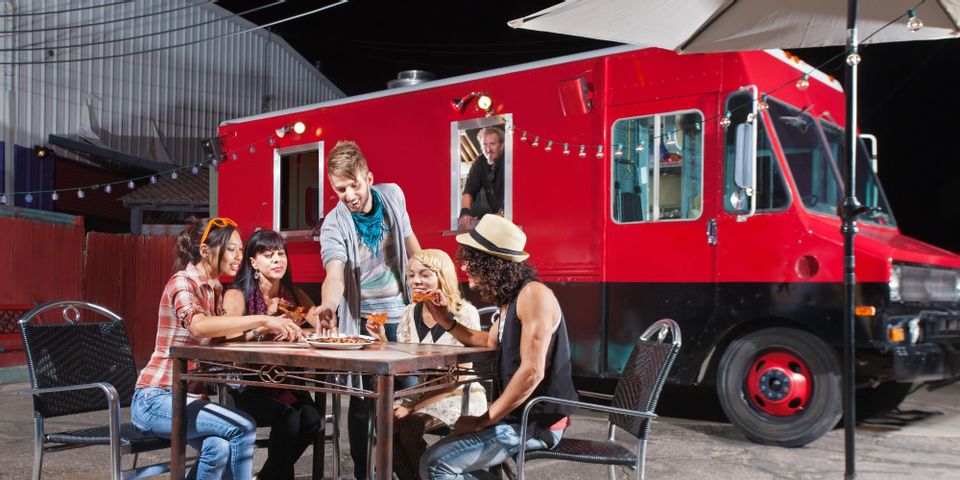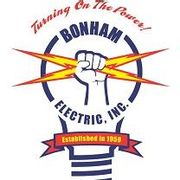
Food trucks have the advantage of setting up shop in numerous places to serve meals where they are needed most. However, their mobility comes with the downside of not always having a reliable source of electricity at each new location. Generators are useful by providing a portable means of energy supply for operation. If you’re thinking of installing one for your food truck business, here’s what you need to know.
Why Some Food Trucks Need Generators
Not all food trucks are always fortunate enough to have a steady power source connection. For instance, an outdoor event like a festival may have insufficient available power supply because of logistical limitations, such as too short of a power cord or a lack of an outlet. If your food truck heavily depends on electrical appliances like a freezer, hot plates, lights, and a ventilation system to operate, the lack of power can prevent you from doing business altogether.
What Are the Available Types?
 Generators come in all sizes, power output, and fuel sources—some run on gasoline, diesel, or propane. While a portable generator can supply power for a few hours, commercial ones can run for days. For most models, you have two options—conventional and inverter.
Generators come in all sizes, power output, and fuel sources—some run on gasoline, diesel, or propane. While a portable generator can supply power for a few hours, commercial ones can run for days. For most models, you have two options—conventional and inverter.
A conventional generator runs on a motor with an alternator that produces only AC power. It needs consistent engine speed, and sudden fluctuations can affect energy flow to your appliances. However, it yields a higher power output and longer run time, but costs less upfront.
Meanwhile, an inverter generator offers better fuel efficiency than its standard counterpart—all thanks to its ability to convert power continuously. It also adjusts engine speed based on current load requirement, but still provides a smoother energy output.
What to Know About Its Installation
Before installing a generator, you must consider a few things first.
-
Power Output: Your generator must produce enough electricity to power all the essential appliances in your food truck, so start by computing the load requirements of each based on its starting wattage. An electrical contractor will help you calculate the required voltage, but ensure to give a comprehensive list.
-
Size: When choosing your food truck’s size, check the generator’s dimensions to see if it will fit inside. Otherwise, you may need to modify the truck to make space for it or use a separate trailer.
-
Exhaust System: Generators require adequate ventilation and an exhaust system to expel fumes. Not only are these crucial for safety, but for the equipment’s efficiency as well.
-
Emissions Requirements: Check local regulations on emission standards. Failure to meet the requirements often leads to hefty penalties and a possible replacement.
For high-quality business generators, look no further than Bonham Electric, Inc. As the trusted commercial electrical contractor in Dayton, OH, they’ve provided high-quality generator and electrical wiring installations throughout the area since 1959. They also offer green solutions for better energy-saving measures. Call (937) 233-7662 or visit them online today.
About the Business
Have a question? Ask the experts!
Send your question

